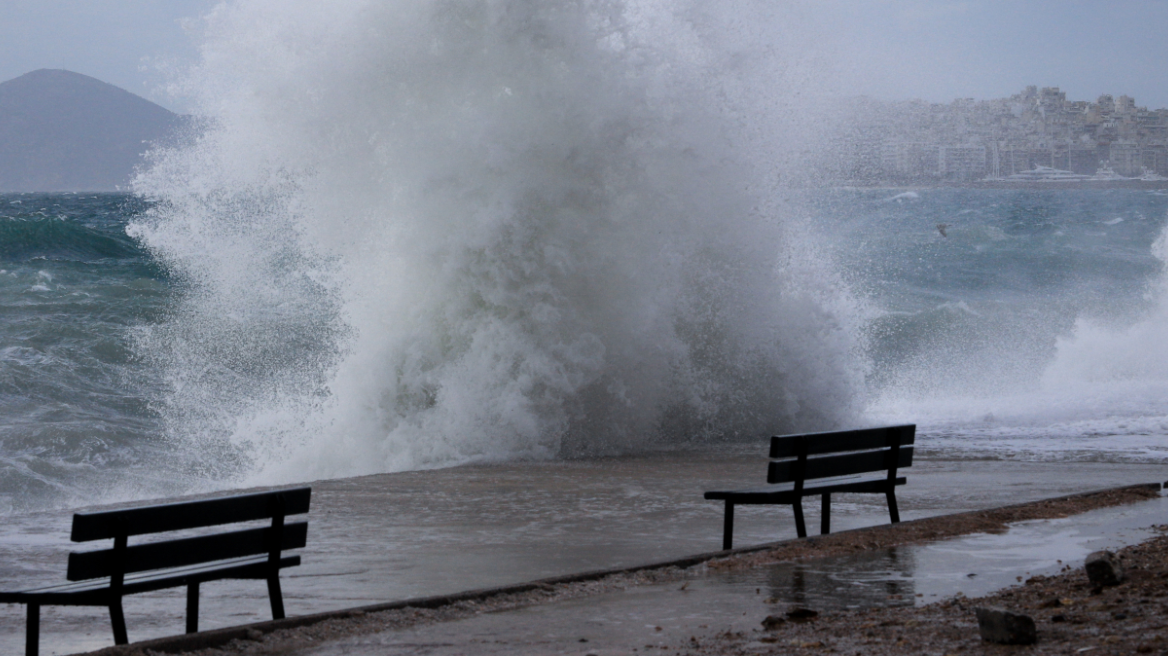PPC Privatization Cancelled
One of the first acts of the new left-wing government of Greece was to freeze plans for the privatization of the country’s Public Power Corporation (PPC), the dominant energy provider known to Greeks as DEI. “We will immediately halt the privatization of the PPC,” said Productive Reform, Environment and Energy Minister Panagiotis Lafazanis in statements made to private TV channels, SKAI and MEGA.
This overturns the plans of the previous government that had passed legislation last year to spin-off part of the PPC and privatize it in efforts to liberalize the energy market. Asked about what this means for the 2015 budget that had included funds from liberalization, Lafazanis said that other privatizations had fallen through in the past and that various funds that had not been yielded have also been included. “The matter is not whether we would sell PPC to put something in the budget, because this type of revenue comes at a hefty price,” he stressed.
Port Privatization Cancelled
The new government’s Alternate Minister for Shipping, Thodoris Dritsas, announced the cancellation of the privatization of the Piraeus Port Authority (OLP). He stated that “the public character of the port will be maintained. The OLP sell-off stops here.” He said that the state privatization fund (TAIPED) would suspend the process for the sale of the majority stake in OLP. First indications show that the future of TAIPED looks ominous.
No more 5-euro fee for hospital care
Andreas Xanthos, Deputy Health and Social Insurance Minister, announced the cancellation of the 5-euro fee that patients have to pay in public health – a measure introduced last year.
2nd Generation foreign naionals to Get Citizenship Rights
Alternate Minister for Migration Policy, Tasia Christodoulopoulou, said that children of migrants born and raised in Greece would be eligible for citizenship. She justified this decision in an interview with private leftist radio station “Sto Kokkino” (In Red), by stating that “these children never knew another country, even those who weren’t born but came to Greece when they were young were raised here, and went to school here.”
Pension reform
Deputy Health and Social Insurance minister Dimitris Stratoulis said that the 13th pay check for pensioners would be returned immediately, however he clarified that this would not be the case for this coming Easter. The first legislative act of the new government would be to return the 360 euros that had been cancelled for uninsured pensioners of the Organization for Agricultural Insurance (OGA). He said that the decision listed in an e-mail of previous conservative finance minister Gikas Hardouvelis to Greece’s creditors would not be applied.
Changes to the Education System
Deputy Culture, Education and Religion Minister Tasos Kourakis made it clear that the new Greek government would honor its pledges regarding changes to the Greek education system, in an interview on the leftist radio station Sto Kokkino (In Red). He stressed that the Education Ministry’s doors are open to everyone. “Just because we’ve been voted in doesn’t mean we can do everything correctly,” he said. “We need collective action.”
Changes to be made:
* A controversial — for pupils — database of exam questions that was recently introduced and that requires teachers from around the country to contribute questions that different schools draw in lots – some easy, some not, some without solutions – at the end of the year for nationwide exams is being abolished.
* The nationwide exams for 1st and 2nd senior high school are being abolished as is the percentage point system that counts these exams towards university entry. The first two measures are aimed at stopping students from seeking extra private tutoring. (Students turning to private tutorial schools on top of their learning at school has rocketed since these measures were introduced.)
* Science and math frameworks will be widened in the final year of high school (3rd year of lyceum) so that students have more study options near the area where they live.
* The law for the expulsion of so-called “eternal” students from tertiary education being scrapped, meaning that students no longer have time limits placed on them for the completion of their diplomas and degrees.
* Study transfers are being eased to make it easier on students to enroll in colleges nearer to their homes.
* Administrative officials of tertiary institutions that had been removed from their positions due to the measure of availability are being returned to their positions.
* Junior high school (middle school) teachers and those of professional lyceums (senior high schools) who had been sacked and their areas of expertise abolished (eg. foreign languages, music etc) will be returned to their posts in the coming year.
* School guards whose temporary contracts expired will be returned to their positions.
* A curricular reform and new school books are being planned.
* More credible “digital libraries” for uni students.
Cross-checks for wealth statements
The assets statements (pothen esches) of 15 tax bureau officers and two employees of public companies of the General Secretariat for Public Revenues are being investigated with cross-checks of their bank accounts abroad.
Public Sackings to be revoked
The Undersecretary of Administrative Reform and Electronic Governance George Katrougalos said, “We have committed ourselves to revoking all dismissals that were unconstitutional, including those due to the measure of availability.”
Ask me anything
Explore related questions








